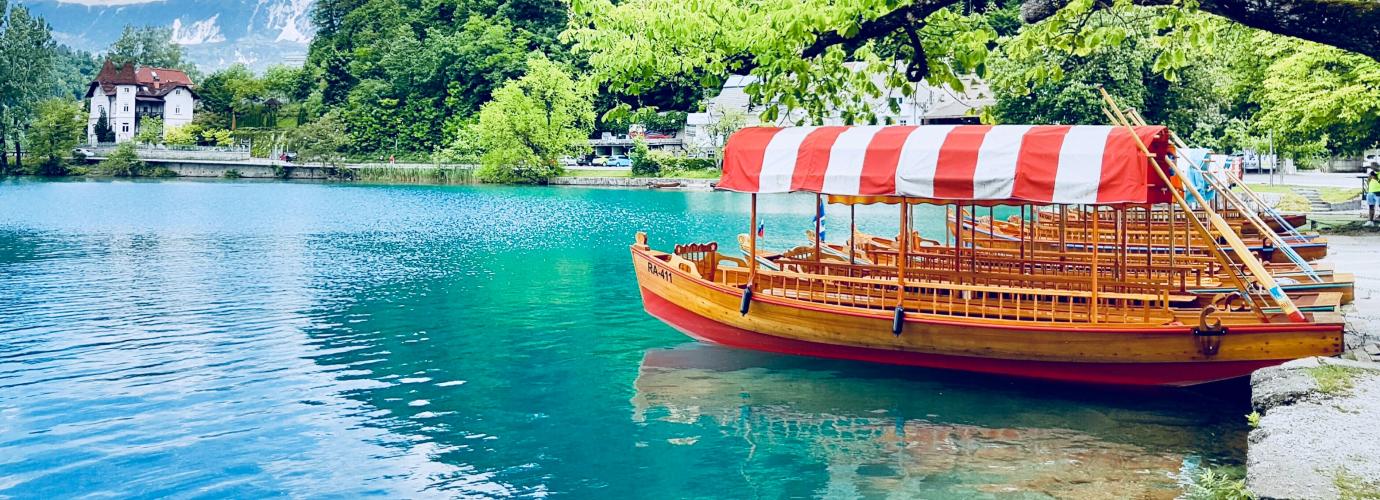Education is designated by legislation as a public good in the care of the state. It is considered to be a part of public service, and it is provided by accredited public and private institutions and individuals. This has been the case since Slovenia declared independence in 1991, transitioned to a new constitutional and political system and reformed its public service.
As the reforms unfolded, the executive branch took over the responsibilities previously held by the so-called self-governing interest communities. The former 'organisations of associated labour' were transformed into public institutions, which were tasked with providing public service. The formal founders – the national government and local governments (municipalities) – assumed control over those public institutions.
The state establishes the following public institutions:
- upper secondary and tertiary education institutions
- educational institutions for children and adolescents with special educational needs, and
- residence halls for students.
Municipalities, on the other hand, are the founders of the following public institutions:
- kindergartens
- basic schools (single structure primary and lower secondary education)
- music schools
- residence halls for pupils, and
- adult education organisations ("ljudske univerze").
The reforms that took place after 1991 introduced the possibility for education programmes to be provided by private educational institutions alongside the public ones. Domestic as well as foreign private persons and legal entities may found private kindergartens, schools and tertiary education institutions. Basic schools are the one exception: their founders may only be domestic legal entities or private persons. As specified by law in 2016 (sl), this restriction does not apply to schools that are accredited as implementers of international programmes.
The national government is primarily concerned with public educational institutions. It plays several roles in the management of these institutions. To summarise, the government is: the regulator, the founder, the property owner (with the exception of public universities), the main provider of financing and the supervisor.
In educational institutions that are founded by municipalities, the national government plays a regulatory and a supervisory role. It provides funding for the salaries (with the exception of kindergartens) and subsidises municipalities' budgets.

